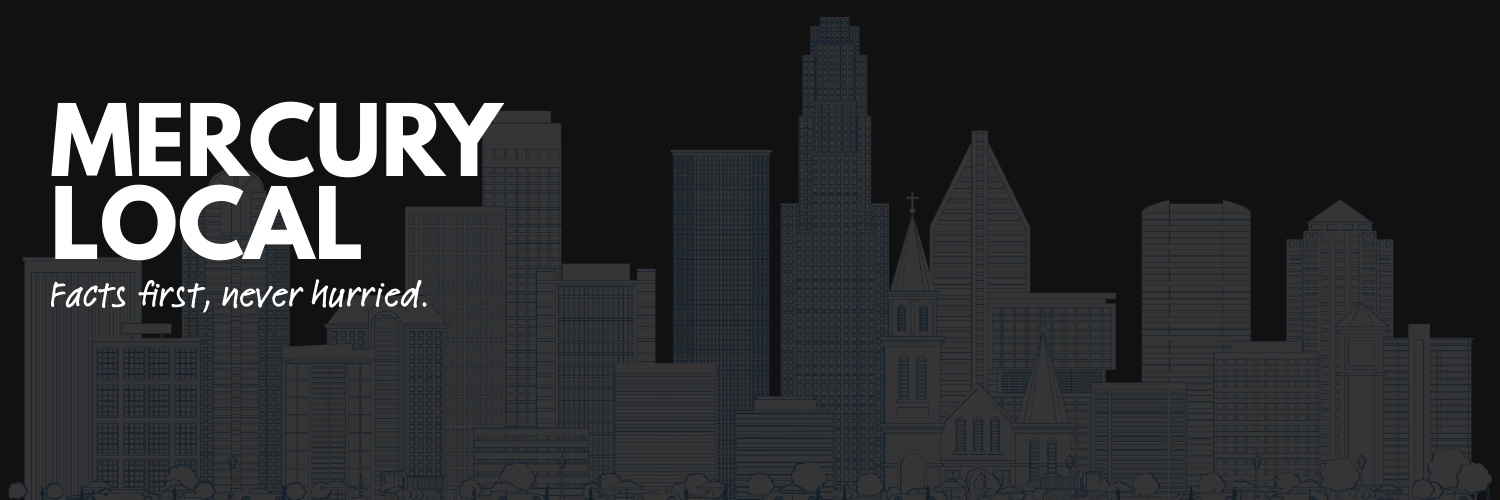Google Isn’t a Search Engine Anymore
“AI Armageddon” Arrives
Isabella Simonetti and Katherine Blunt opened Today’s Wall Street Journal report with a blunt verdict: the “AI armageddon is here for online news publishers.” Chatbots now sit atop results, answering questions outright, siphoning clicks from the blue links that once paid newsrooms’ bills. HuffPost’s organic search traffic “fell by just over half in the past three years,” they wrote; the Washington Post endured a similar free‑fall, according to Similarweb.
Search Traffic Free‑Fall
- HuffPost: desktop + mobile organic traffic down ≈50 % since 2022.
- Washington Post: “nearly that much,” per Similarweb.
- Business Insider: trimmed 21 % of staff in May; CEO Barbara Peng blamed “extreme traffic drops outside of our control.” Similarweb logs a 55 % slide between April 2022 and April 2025.
Decades-long declines now occur in months.
Publishers Admit the Well Is Dry
At a company meeting, Nicholas Thompson told Atlantic staff to “assume traffic from Google would drop toward zero.” He doubled down in the Journal: “Google is shifting from being a search engine to an answer engine. We have to develop new strategies.”
William Lewis of the Washington Post called click‑free search “a serious threat to journalism that should not be underestimated.” The Post, he said, is “moving with urgency” to meet overlooked readers and plan for a “post‑search era.”
Dow Jones CMO Sherry Weiss laid out a new metric: build trust that drives readers “directly out of necessity.”
History: The Squeeze That Never Stops
Classifieds vaporized. Social networks pivoted. Search felt safe—until Google’s AI answers removed the last middleman between curiosity and content. Public trust keeps sliding; competition keeps multiplying.
Survival Tactics: Events, Apps, Anything But Google
The Atlantic is beefing up its app, printing more issues, and cashing in on events. Politico and Business Insider, under Axel Springer, voice the same mantra: cultivate direct relationships or shrink.
Why Mercury Local Plays a Different Game
We never banked on free clicks. Our hyper‑local outlets—The Charlotte Mercury and Strolling Ballantyne—center on newsletters, street‑level reporting, and advertiser deals rooted in zip codes, not search queries. Google’s answer box can’t tell a Charlotte resident why a budget committee shelved a sidewalk fix at 1 a.m.—but our reporter can.
Legacy chains swap strategy decks each quarter. We keep attending zoning hearings and ribbon cuttings. That’s the moat: small, precise, impossible to scrape.
No Middleman, No Panic
Search‑built publishers must reinvent themselves mid‑air. Mercury Local keeps filing copy. We read inbox stats, not Google Analytics. The future looks strikingly like yesterday: neighbor‑first, data‑last. Others can fight for a shrinking slice of zero‑click traffic; we’ll be across the street, notebook in hand.
About the Author
Fueled by cold brew and a stubborn belief that local beats still matter, Peter Cellino riffs at @pc51.bsky.social. Explore the Mercury Local ecosystem—mercurylocal.com, the caffeine‑spiked blog, candid about, open‑door contact, revealing case studies, and our nerd‑approved local SEO playbook—then tell us what your neighborhood needs next.
Creative Commons License
© 2025 Mercury Local / Mercury Local
This article, “Google Isn’t a Search Engine Anymore,” by Peter Cellino is licensed under CC BY‑ND 4.0.
“Google Isn’t a Search Engine Anymore”
by Peter Cellino, *Mercury Local (CC BY‑ND 4.0)
